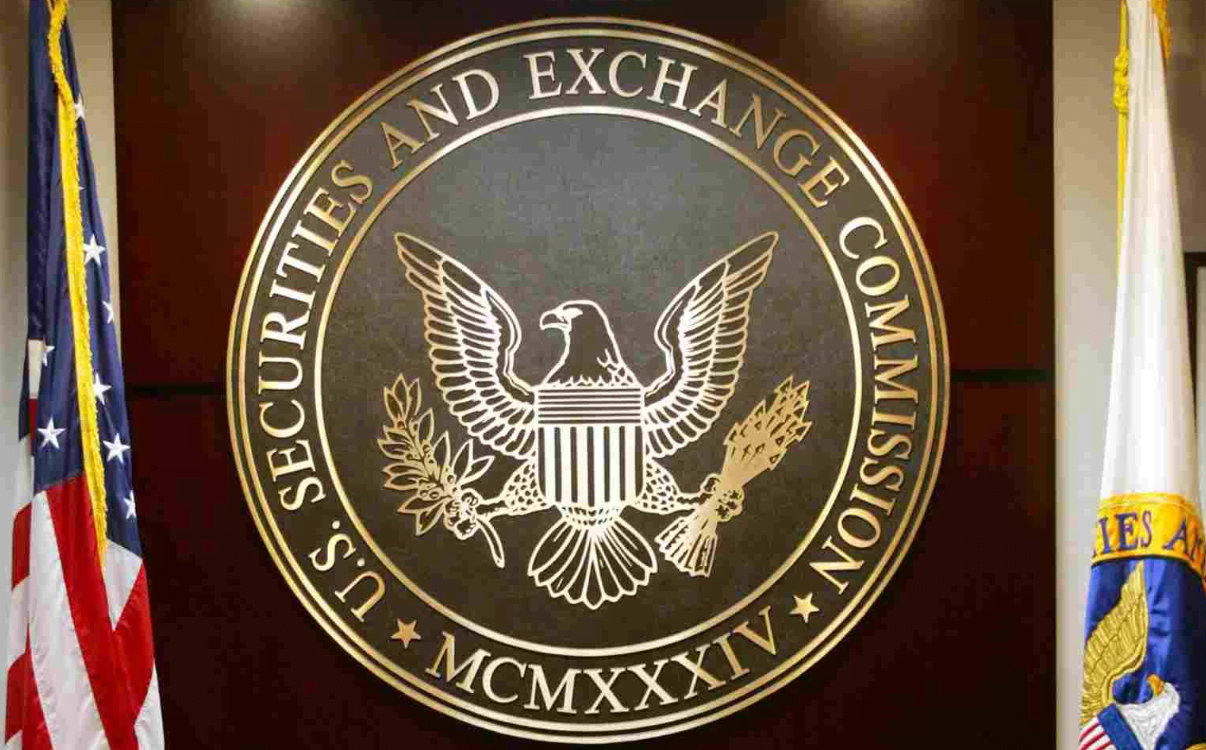John Reed Stark, the ingenious originator and leader of the Bureau for Internet Oversight at the United States Securities and Exchange Commission (SEC), has unveiled a prescient revelation. He predicts that the SEC’s endorsement for Bitcoin ETFs will not be granted until the year 2024 and beyond.
Additionally, Stark’s insightful perspective had a significant impact on the current regulatory landscape. This influence extended over the digital domain of X, previously known as Twitter, as he elaborated extensively.
Embedded within Stark’s comprehensive discourse was a reference to a written communication sent to the SEC by Better Markets. This message highlighted numerous challenges that affect the current structure of spot Bitcoin ETFs.
Analyzing Bitcoin ETFs Trading Volume Manipulation
Better Markets, a vigilant financial guardian, explored instances where trading volumes related to Bitcoin ETFs appeared to be artificially inflated. Consequently, this was purportedly achieved through a series of questionable practices, including wash trading and discreet manipulation of price movements.
Better Markets’ attentive speech also illuminated the potentially debatable consolidation present in the realm of spot Bitcoin. This network is supported by a group of custodians.
Stark, displaying scholarly thoroughness, concluded that the gaps emphasized in the earlier mentioned letter created noticeable weaknesses in the envisioned realm of Bitcoin-based ETFs. This situation provided an opportunity for malicious actors to influence the emerging market environment.
From this point onward, Stark, who also serves as the overseer of a cybersecurity consulting firm, rejects the notion of regulatory approval for spot Bitcoin ETFs. He states that such approval seems unlikely.
This former member of the SEC further proposes that the landscape of cryptocurrency governance is now intertwined with political affiliations. He observes that the current SEC composition exhibits a noticeable Democratic leaning.
However, he presents a speculative departure from this scenario after an election cycle, suggesting that if a Republican president assumes office, the environment could change significantly. This change could lead to favorable conditions for the cryptocurrency domain.
Potential SEC Chair: Hester Pierce on the Horizon?

It’s intriguing to note that the SEC’s strategy of careful involvement in the crypto ecosystem grew significantly when Jay Clayton, a Republican appointee during former President Donald Trump’s time, was in charge.
Under Clayton’s leadership, there were fifty-seven enforcement actions taken against the crypto industry. He passed on this strong stance to his successor, Gary Gensler, who advised a more lenient approach, including the potential approval of spot Bitcoin ETFs..
Imagine a situation where the Republican party wins the presidency in 2024. In such a case, Stark envisions a dual-pronged future. He sees the forthcoming administration potentially reducing its strict actions against cryptocurrency. Instead, it could concentrate on combatting fraudulent activities, thus allowing more room for investment opportunities, including the realm of Bitcoin ETFs.
Stark, also imagines a scenario where Commissioner Pierce, fondly called the “Crypto Matron,” becomes the SEC chairperson after Gensler. Stark suggests that under this circumstance, the intensity of regulations targeting the cryptocurrency realm might diminish. This change is attributed to Pierce’s past opposition to stringent measures.
Read More:
CEO Brian Armstrong Acknowledges User Experience Challenges in Coinbase App
Summer Bashes by Crypto Collectives: Exploring the Friends With Benefits DAO Festival Scene

